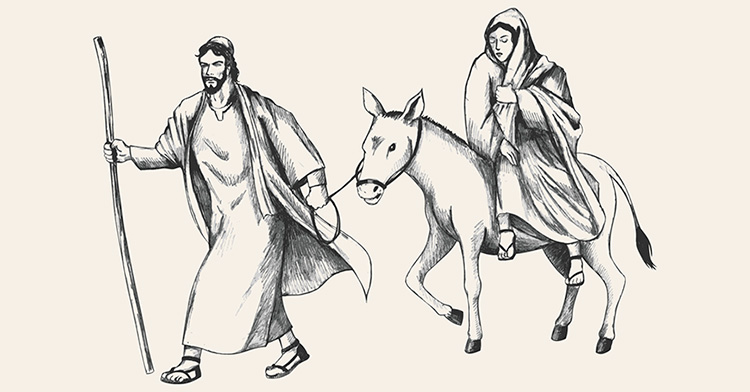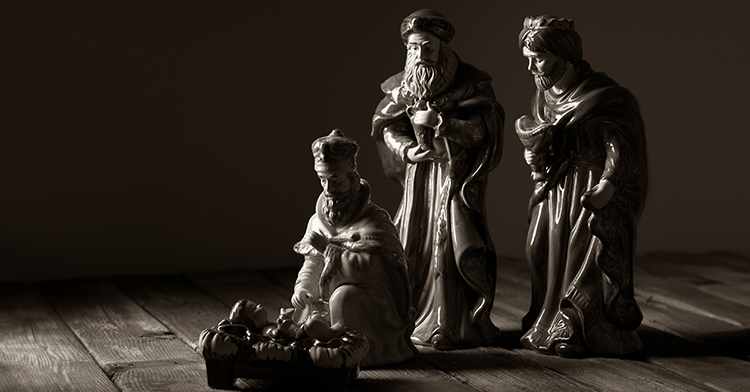When it comes to Christmas, my husband has a standard refrain or two that he tends to use when he has had enough of “Daddy I want this” from our children. He’ll say, “When I was a kid, my mom reminded me every year that our Santa was a poor Santa. Maybe you have the same Santa!”
My husband grew up poor on the edge of sprawling Sao Paulo, Brazil. He is the oldest of eight children and, indeed, had a “poor Santa.” A typical gift was a pair of school pants sewn by his mother from material he was allowed to pick out. My husband enjoys the ability to buy gifts for his children now but has little patience with the grossly commercialized Christmas season that begins each fall.
I was thinking recently about “poor Santa” as our church began putting angels on its “Angel Tree.” Each year we receive the names and ages of children at a nearby mission. We buy presents that are eventually given to them by Santa at their annual Christmas party. Many churches participate in similar projects.
Santa Claus, for obvious reasons, has a direct correlation to the economic capacity of any given family. Unlike the songs and images portrayed around town, Santa Claus is not the same for everyone. There are, indeed, “rich” and “poor” Santas that fill our stockings each year.
Economic disparities in our country, and around the world, are clearly seen at Christmas. Just on Biscayne Boulevard in Downtown Miami a teenager in one of the condominiums might receive a new car as a Christmas present while one of our homeless brothers receives tube socks and a small bar of soap from one of many organizations hoping to bring good cheer. Santa Claus is not an equal opportunity giver.
That, of course, is one of the many reasons we do not worship Santa Claus. I enjoy Christmas as much as the next person (maybe because my Santa was middle class!) but I am grateful each week in worship when our red and white Christmas colors turn to purple or blue Advent colors and we are told to wait and prepare. It’s not Santa who is coming but a Savior. This Savior does not come in the form of “rich” or “poor” but in the form of justice, love and peace. This Savior will not discriminate between children but will love unconditionally. The gifts of this Savior abound.
When my grandmother was ill with cancer over ten years ago now, a whole group of her nieces and nephews came to visit her after her surgery. I was caring for her over a short period of time and received these family members, watching the love they showed for my grandmother.
My father later shared with me that they were the first to come when my grandfather had died at a relatively young age. My grandmother’s visitors were the children of her oldest sister who had a large family always rich in love but poor in material possessions. My father remembers that when he and his cousins were kids, at Christmas and other times my grandmother would do special things for the children. These children, now grown, have always held great fondness for my grandparents because of those simple gestures of love.
This is the way Jesus gives gifts at Christmas time. With love and care we, as Christians, can share the Good News and build relationships of love and trust.
Cynthia Weems is senior pastor of First United Methodist Church in Miami, Florida.








